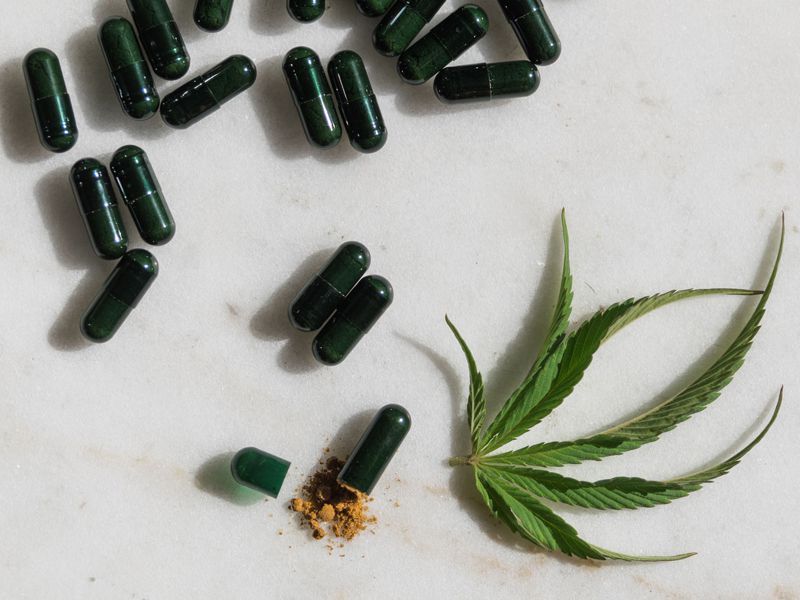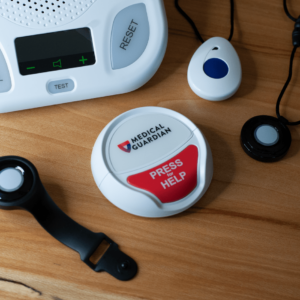With the CBD market on the rise, it is now possible to choose from a wide variety of products. People who want to start using CBD oil for health reasons often wonder how they should use it. It is hardly debatable that CBD can have positive effects and that is why many people want to increase their cannabidiol intake. Two of the most common options for introducing CBD into the daily routine are CBD oils and CBD capsules.
Although they have much in common, there are also important differences between the two products, which can make it difficult to make a decision. If you’re still thinking about it, read on to find out what’s best about CBD oil and CBD capsules. Then you can make an informed decision about where to invest your money.
What is CBD oil?
CBD oil is the source of CBD consumption. As a tried and tested reference standard, CBD oil is probably the most popular choice for those starting out in the world of CBD.
To produce CBD oil, manufacturers extract CBD from the hemp plant, usually through CO2 extraction, and then suspend the extract in an inert oil such as coconut oil or hempseed oil. The result is an oily substance full of cannabinoids that can be used in various ways.
The most recommended way to use the CBD oil is to place a few drops or sprays, depending on the format in which you purchased the product, under the tongue, let it act for 90 seconds and then swallow. When placed under the tongue, the CBD goes directly into the bloodstream.
Some people add the CBD oil to food, so it is also possible to include the CBD oil of your choice in your recipes.
What are CBD capsules?
They are basically what it says on the package: capsules containing CBD. They are usually CBD suspended in a gel capsule.

They are produced in a similar way to CBD oil, by extracting CBD and other cannabinoids from hemp and suspending them in the gel capsule. However, the method of consumption is different, as one or two capsules are ingested with water as you would any other capsule or tablet.
Now that we know what each thing is, let’s explain what the differences are between the two products.
Taste
Anyone who has tried CBD oil will know that it has a taste that is not usually liked. It is necessary, so to speak, for the palate to get used to it. Since it is composed solely of cannabinoid extracts in oil, the taste of CBD oil is very earthy and natural, which makes some people claim that it turns their stomach. This may be due, in part, to the oily texture. Because the oil has to be kept in the mouth for more than a minute, both the texture and the taste are difficult for some consumers to assimilate.
Although the taste can be passed on with candy, drinks or by incorporating the oil into a recipe, many people may prefer a more practical and tasteless option. This is where CBD capsules come in. Since they are just gel capsules that disappear instantly, they don’t taste like anything. If you can’t get the taste of CBD oil, CBD capsules may be the best option for you.
Comfort
Both the capsules and the CBD oil are quite practical. Both are easily administered, although the capsules may outperform the oils if you are a busy person who is often in a hurry, as if you use the oil you have to keep it under your tongue for a minute and a half and it may be a less practical option if you have things to do.
Another advantage of CBD capsules is that they are more practical when travelling, as you can take them virtually anywhere. The capsules gain another point in this regard.
Another aspect to consider is dosage, although it is quite similar between CBD oil and CBD capsules. The oils are available in a dropper or spray bottle and usually the milligrams of CBD per drop or spray are reported on the label.
Therefore, it is very easy to calculate how much CBD you are ingesting with each dose. With CBD capsules the dose is preset, as each capsule contains a specific amount of CBD. Neither option is easier than the other, so when it comes to dosage we can say that both products are on par.






